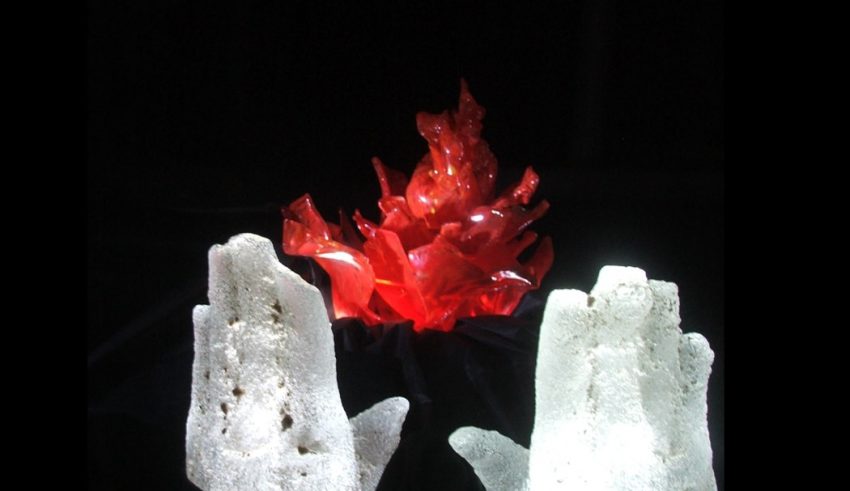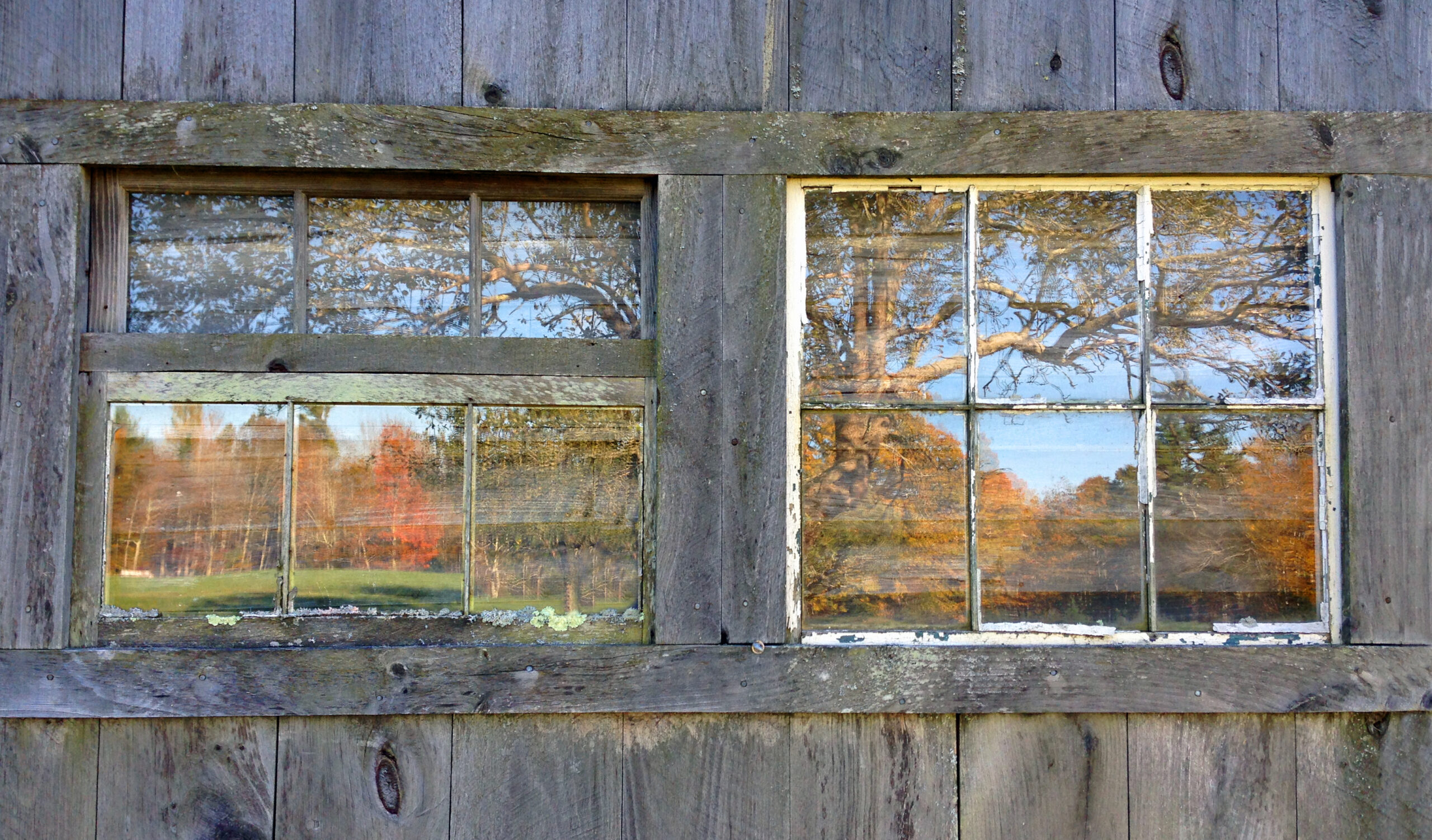
Many creative acts (especially in the arts) are “regressive” as are regenerative forms of daydreaming. Even nighttime dreams can be sources of great insight and wisdom regarding interpersonal relationships (Fromm, 1951) and even organizational functioning. A dream can serve as a “committee” offering diverse perspectives on creative personal and organizational functioning (Barrett, 2001) I suggest that “regression in the service of the ego” resides at the heart of the teaching and learning that occur while observing and interacting with a fire—or an octopus. We relax while moving into a new environment and open ourselves to learning in this new environment.
With the help of some music (and perhaps a little wine) I am drawn to the flames. The warmth and glow are regressive. They bring me back to old movies and moments when I have been enthralled by another person. I watch the fire and recall dancing by a swimming pool to steel band music with a dear colleague. This recollection leads me back to the theme of this Bermuda-based conference and to the work in which I became engaged as a result of this conference. I became committed to working in new ways with colleges in Western Canada that are becoming universities.
I poke the flames and recall a scene from the TV Series, Treme, when one of the protagonists pulls out his trombone for a New Orleans gig. This, in turn, brings me back to memories of wonderful evenings spent listening to Sweet Emma Barrett at the Preservation Hall. By this time in her life, Sweet Emma was playing piano with only her left hand. She had suffered a debilitating stroke, but still played a mean base line. From this reflection comes new appreciation for not only the arts, but also adversity in my own life, as well as the afflictions encountered by the fictional and real-life musicians of New Orleans. Where do we find courage and persistence as an African American musician or as the leader of an organization that is operating in a world of VUCA-Plus? How do we best tend our organizational fire?
Conclusions
I appreciate the opportunity to learn from Sweet Emma, from my fellow educators at a conference in Bermuda—and from an Oak Tree and Forest. I tend fires to relax and savor the aesthetics of flames and linger in the warmth of the fires’ heat—and find that I am also blessed with new insights that this fiery, complex and adaptive system is teaching me. I eventually leave my living room to record some of these insights in my much colder and less enthralling office. I return from my fire-based regression in the service of my ego to complete my lesson as a fireside learner. This essay represents a partialrecording of insights I received. Thank you, fire.
_______________









